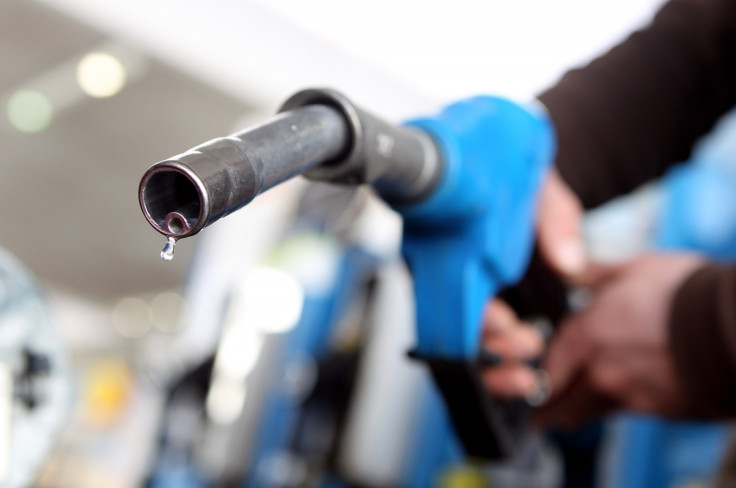UK inflation hits one year high as petrol price slump weakens

UK inflation rose to its highest rate in a year during January 2016 as petrol prices fell more slowly than before.
The ONS said consumer price index (CPI) inflation rose 0.3% over the year in January, up from 0.2% in December. This is the largest rise in prices since January 2015. CPI inflation is calculated by measuring the price changes each month in a basket of commonly-bought goods.
The main contributors to the rise in inflation were motor fuels, food and alcohol. Petrol prices fell by 1.9%, against a 7.3% fall in the past year. On the other hand, air fares fell more than they did in the 12 months to January 2015. The inflation rate is calculated based on a virtual basket of goods and services.
Motor fuels, food and alcohol were the main contributors to the change in inflation. Petrol prices fell by 1.9% between December and January. This is significantly slower than the 7.3% drop over the same period a year before.
Scott Bowman, UK economist at Capital Economics, said the slight increase in inflation "should mark the start of a gradual path back to 1% this year", as the food price falls in early 2015 drop out of the annual calculation.
The Bank of England (BoE) forecasts inflation to stay below 1% for the whole of 2016 as oil prices remain at extreme lows. But a deal among Opec states to freeze oil production, announced on 16 February, may push prices up again.
Inflation has hovered around zero for most of 2015, reaching record-lows. The BoE targets 2% inflation. But monetary policymakers cannot influence the oil price, which is suppressing inflation. Instead they are looking closely at employment data, in particular wages and productivity, to decide when to raise interest rates.
The base rate is currently 0.5%, an all-time low, where is has sat since 2009 to stimulate the economy as it recovered from the financial crisis.
More about UK economy
© Copyright IBTimes 2025. All rights reserved.






















